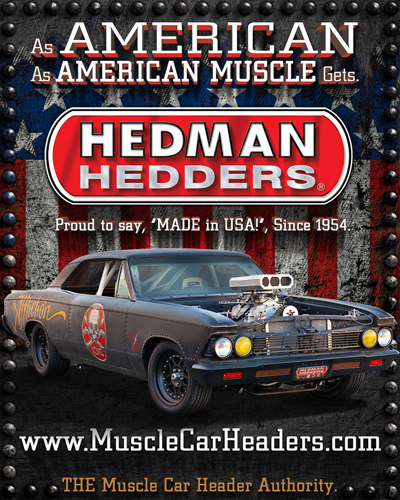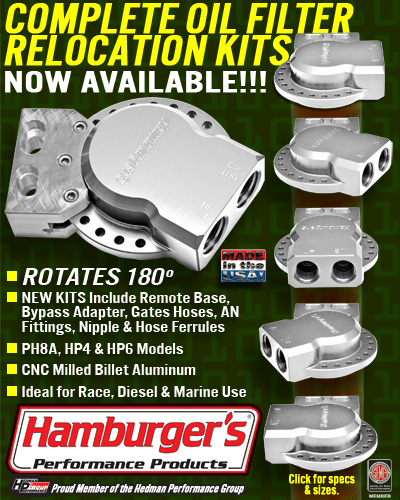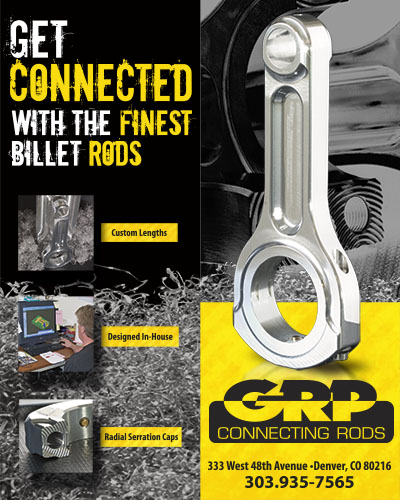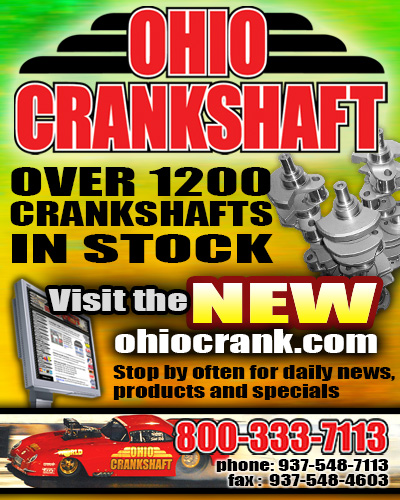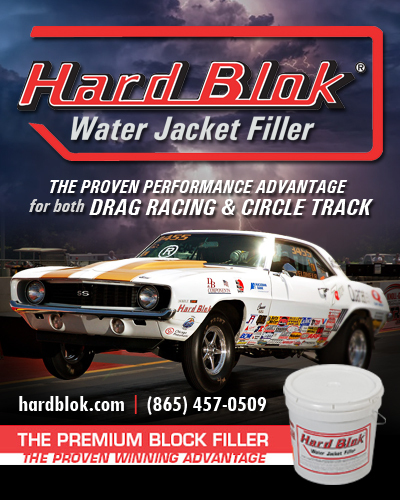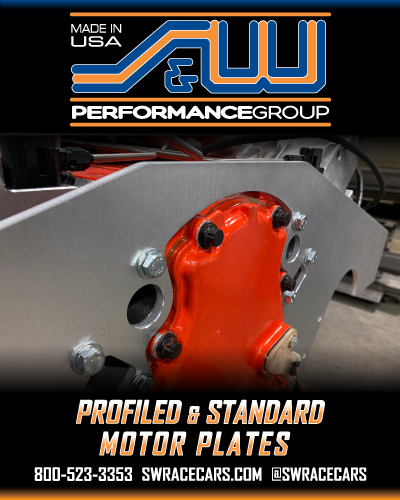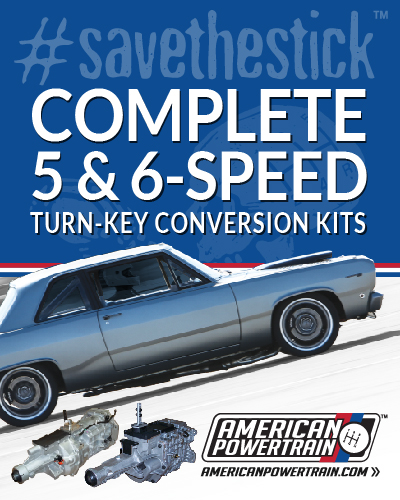MCMILLEN HAS CONCERNS ABOUT POSSIBLE NHRA CHANGES NEXT SEASON
by Tracy Renck Fri, 2018-11-23 20:51
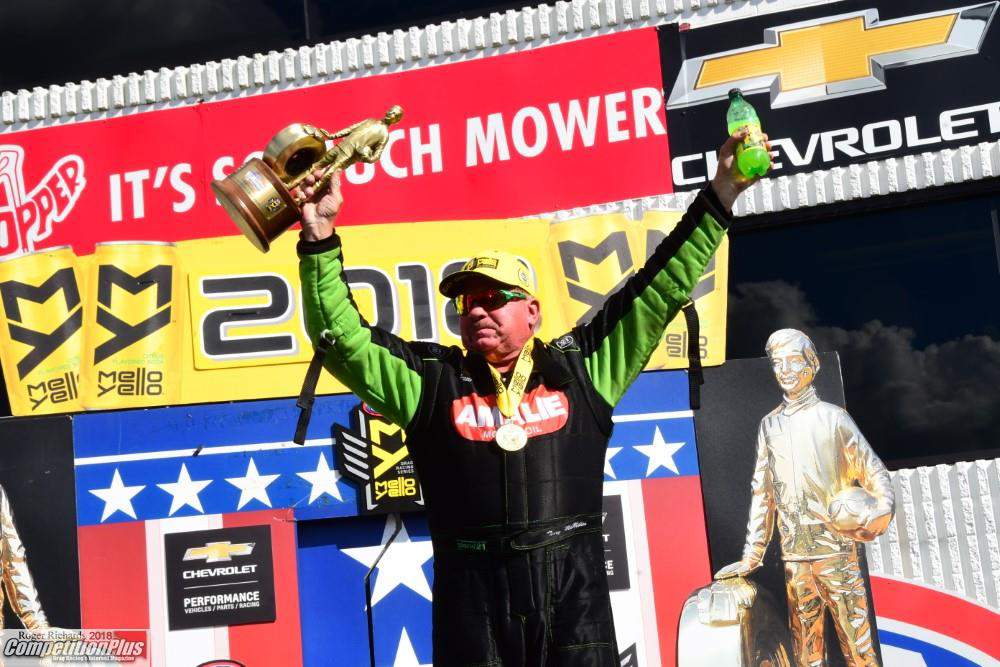 In a letter obtained by CompetitionPlus.com dated Nov. 20 and sent by NHRA to nitro teams said at this time the sanctioning body does not intend to implement a performance based mechanical change in Top Fuel and Funny Car to start the 2019 season.
In a letter obtained by CompetitionPlus.com dated Nov. 20 and sent by NHRA to nitro teams said at this time the sanctioning body does not intend to implement a performance based mechanical change in Top Fuel and Funny Car to start the 2019 season.NHRA addressed in the letter decisions about whether mechanical changes are needed, when changes will be implemented, and the factors utilized to determine a change will be made in the sole and absolute discretion of NHRA.
In the letter it states, if mechanical changes are deemed necessary, at present we believe they would most likely be implemented in the order shown below (subject to change):
1. Mandate a Spec inlet for all Superchargers
A. 10” X 4.6” inlet size
B. 45-degree angle from rear of inlet opening to top of bores for rotors
C. No divider plate will be allowed to protrude beyond the bottom of the injector hat (injector hat dividers are also being evaluated).
2. Reduce maximum rate of supercharger overdrive
3. Implement a maximum cylinder compression ratio
Leaving this window open for possible mechanical changes concerns
veteran Top Fuel driver Terry McMillen.
“The problem is whenever they implement mechanical changes it will always cost teams additional money,” McMillen said. “I attended PRO meetings throughout the year, which we discussed NHRA's philosophy of controlling the speed and making the sport safer and more affordable. I can only speak for myself, but I have talked to other independent teams, and these mechanical changes will affect how we have to run our programs next year. Here’s the problem. The fact is when NHRA allowed the big cylinder heads to come in and the big fuel pump and all these things to come into play, the cars were obviously going to go faster. Now that they are going faster, they realize that we have a problem, ‘how do they fix it?’ There’s no silver bullet. The key is whatever they do, blower insert or smaller cylinder head, ultimately, it's thousands and thousands of dollars of cost to the race teams, it is a substantial undertaking.
At the forefront of McMillen’s mind is cost to compete.
“We are not made of money,” McMillen said. “But, if they want to make those rule changes, maybe they ought to supply us all the parts we need to make those rule changes. At this point and time, it will hurt the smaller teams and it is going to also put a crush on the big teams. I don’t care who it is, their budgets aren’t the same as they were five years ago. Everybody is going to feel the impact on top of that you’re going to have to spend more time testing, which costs us money. They want to put a restrictor plate in the blower. Come on.”
Here it is, the latest episode of Legends: The Series, featuring Al Segrini. #LEGENDStheSERIES https://t.co/Un7n7fx36n
— Competition Plus (@competitionplus) November 22, 2018
 McMillen believes NHRA has got itself in this predicament because rule changes are implemented without knowing what the consequences of rules changes are going to be.
McMillen believes NHRA has got itself in this predicament because rule changes are implemented without knowing what the consequences of rules changes are going to be.“What’s going to determine that? (when NHRA’s can make mechanical changes),” he said. “I said in the meeting that it doesn’t make sense to make rules without testing things and knowing what it is going to take. That’s what has put this sport in the position we are in today. Had they tested those other cylinder heads and bigger fuel pumps they would have realized where we were heading. I spent $175,000 having to get the latest cylinder heads and all that stuff when I had plenty of the other stage 5 heads back in the day to run with. Fortunately, I was able to sell those, but now if they make that rule change and say we’re going make the heads smaller and all these things, ‘Who are we going to sell our stuff to?’ Nobody. It becomes a flat, obsolete piece that is going to be written off as junk, which is going to be pennies on the dollar.”
When the 2019 Winternationals roll around Feb. 7-10 in Pomona, Calif., McMillen has simple approach.
“We’re going to go to Pomona with the pieces and parts we ended the year with and if they look at making changes that don’t make any sense and cost us a lot of money then we will have to revisit with our sponsors and determine what to do because I can’t afford to spend extra money to test new blower components,” McMillen said. “I don't have a bower dyno, so I would have to run the car to test it. This puts us in the position to test during qualifying, which can ultimately impact the outcome of race weekends for me. We all know the goal is to qualify in the top half of the field, but when you are testing new parts, that likely won't happen. Ultimately, we are all going to end up putting more compression in the motor to offset what the blower takes away from us, which will in turn create bigger explosions and additional oil downs, because the tuning window will be much smaller. This will result in decreased car counts, which impacts the fan experience. Track prep seems to me the most viable option, so long as they maintain consistency with prep from race to race. This course of action would have the least amount of financial impact to race teams, and still allow us to provide a great side by side racing show for the fans. We saw last year how diverse and exciting racing was and that's exactly what the fans and sponsors want to see. So, if NHRA can stick to a consistent track prep program, I believe that they will be able to keep the cost down, the cars slower and the car counts up and will not need to implement any rule changes that would have a negative financial impact on the race teams.”
Categories:

























